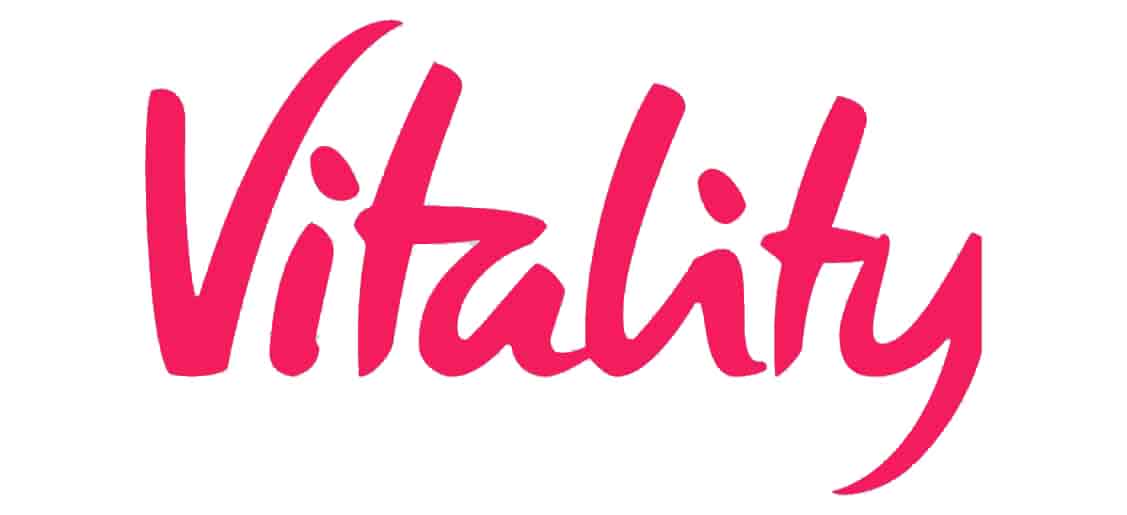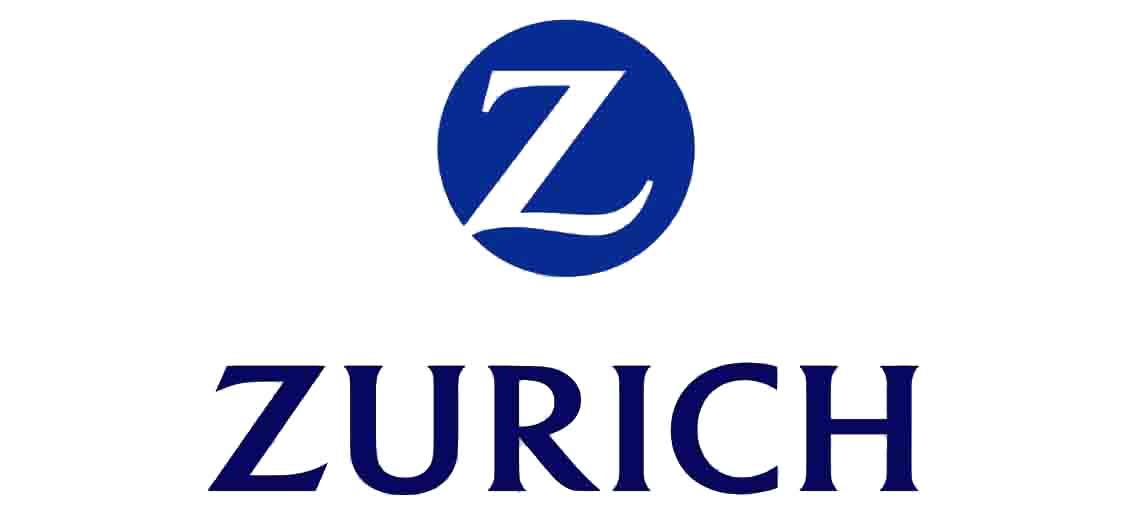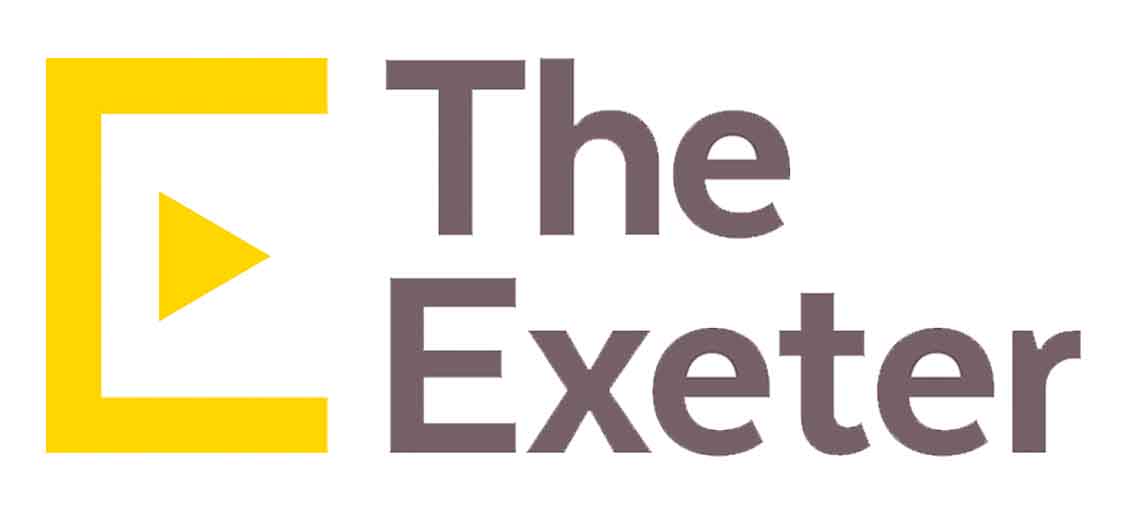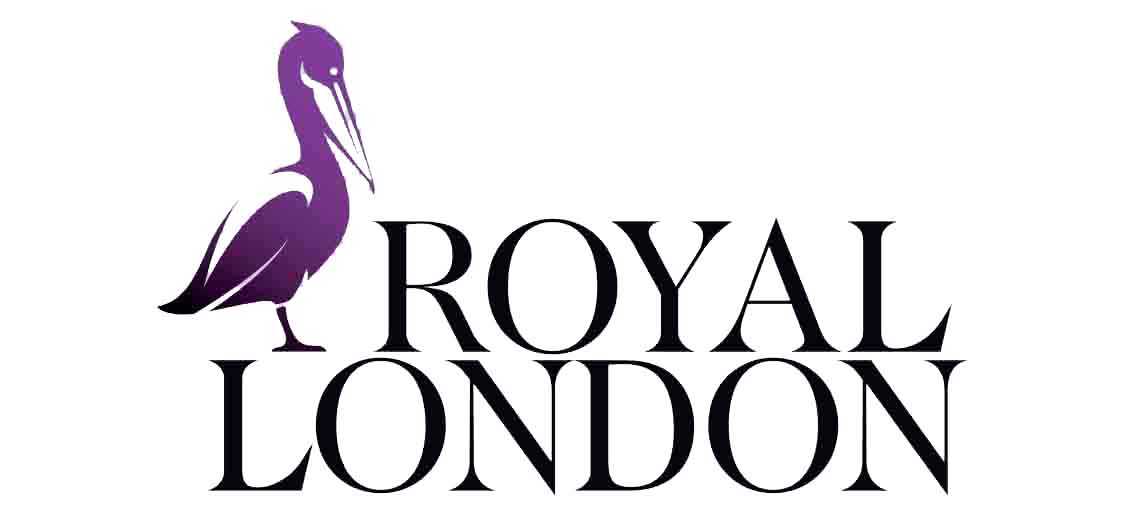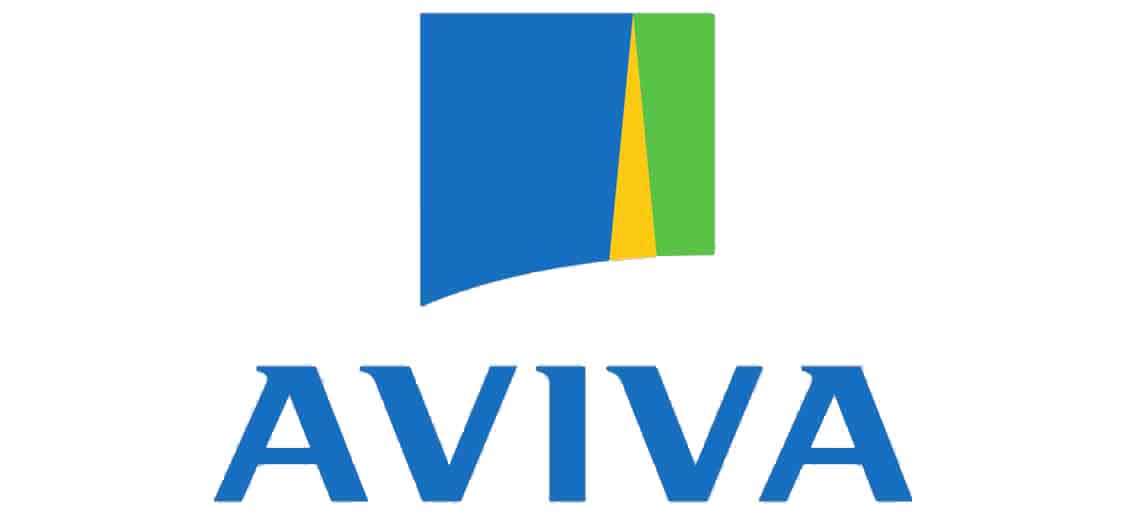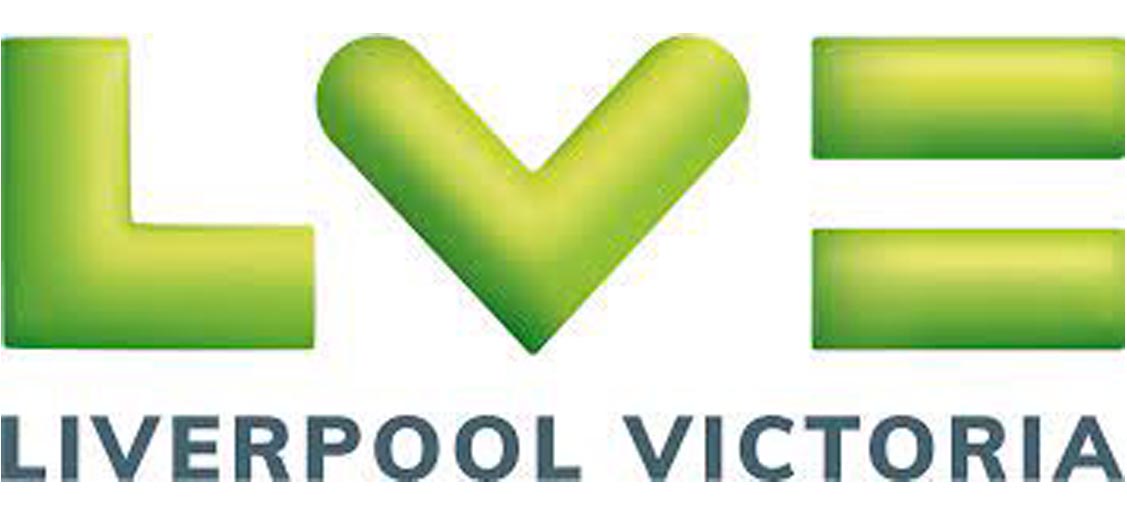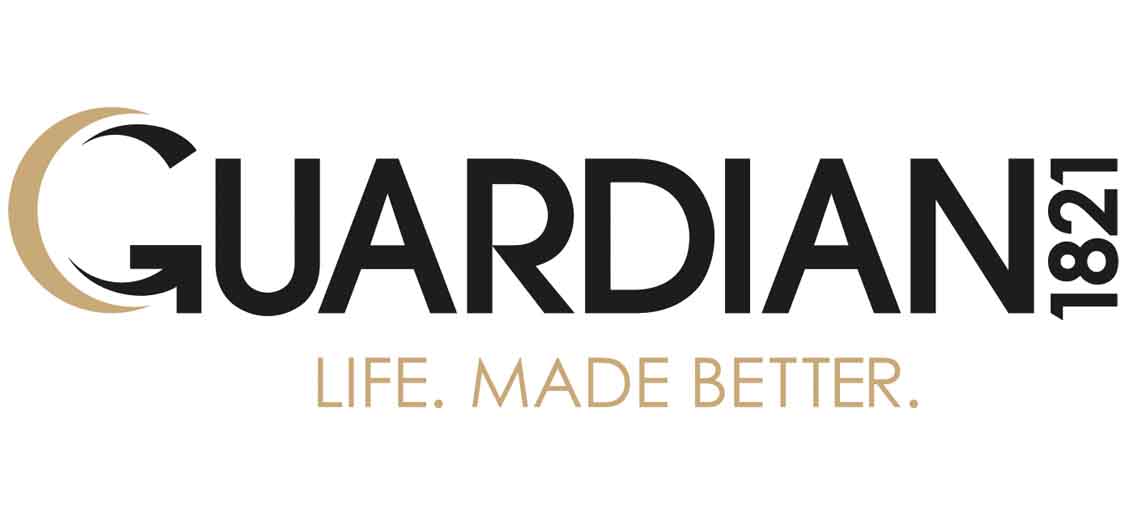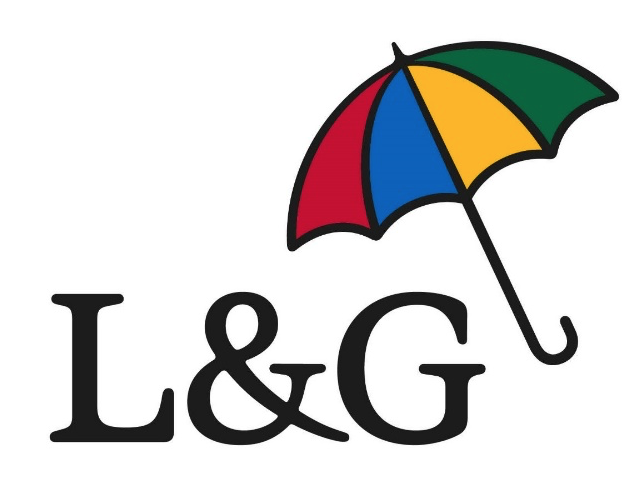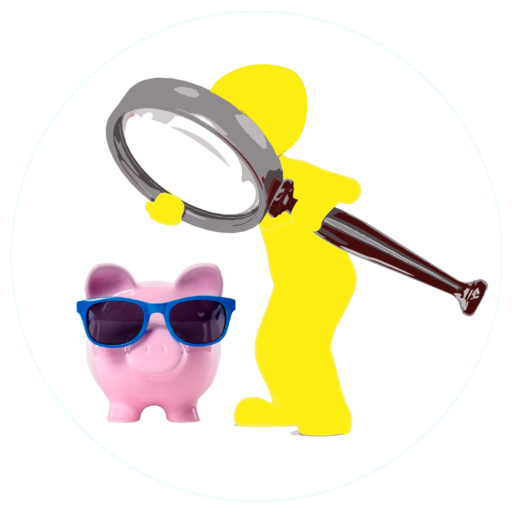Self-Employed Income Protection
Self-Employed Income Protection: A Safety Net for Your Livelihood
Being your own boss is great, but what happens when you can’t work? Unlike regular employees, self-employed folks face a financial cliff if illness or injury strikes.
Introducing Self-Employed Income Protection from Your Property Financial. It’s a safety net that pays you a regular income if you’re unable to work due to illness, injury, or disability.
What is Self-Employed Income Protection?
For many people, the concept of income protection is straightforward. Employed individuals typically receive Statutory Sick Pay (SSP) if they’re unable to work due to illness or injury. However, self-employed individuals don’t have the luxury of such a safety net. This is where self-employed income protection steps in.
Self-employed income protection is a type of insurance specifically designed for those who work for themselves. It provides a regular monthly tax-free payout if you’re unable to work due to illness, injury, or disability. This helps to replace a portion of your lost income, ensuring you can cover essential expenses and maintain your financial stability during a challenging time.
Why Should Self-Employed Individuals Protect Their Income?
As a self-employed individual, your income is directly tied to your ability to work. Unlike employed individuals, you don’t have the security of sick pay or company benefits. An unexpected illness or injury can have a significant financial impact, potentially forcing you to dip into savings, delay bills, or even accrue debt.
Here’s why self-employed income protection is crucial:
- Loss of Income: Even a short-term illness or injury can significantly impact your income. Self-employed income protection helps bridge this gap and ensures your essential expenses are covered.
- Financial Stability: A serious illness or disability could leave you unable to work for an extended period. Income protection provides a financial buffer, allowing you to focus on recovery without the added stress of financial insecurity.
- Peace of Mind: Knowing you have a safety net in place can significantly reduce stress and anxiety if you fall ill or are injured. This allows you to focus on getting better and returning to work sooner.
When Can I Get My Income Protected?
The good news is that you can typically get self-employed income protection at most stages of your career, as long as you meet the insurer’s eligibility criteria. These criteria may include factors like your age, medical history, and occupation. However, it’s generally best to consider income protection sooner rather than later. Here’s why:
Younger and Healthier: Generally, premiums are lower when you’re younger and healthier. Locking into a policy early can save you money in the long run.
Pre-Existing Conditions: If you have any pre-existing medical conditions, it’s crucial to speak to an advisor before applying. While coverage might still be available, premiums could be higher depending on the severity of the condition.
Why Do You Need Income Protection (Even if Relatively Healthy)?
Even if you consider yourself relatively healthy, unexpected illnesses or accidents can happen to anyone. Here’s why income protection is important even for seemingly healthy individuals:
- Accidents Happen: Accidents are a leading cause of disability, and they can strike anyone at any time. Income protection ensures you’re financially protected even if an unforeseen event leaves you unable to work.
- Critical Illness: While some illnesses might have a slow onset, others can develop rapidly. Income protection provides financial support while you manage the challenges of a critical illness.
3 Benefits of Self-Employed Income Protection
Financial Security
Self-employed income protection provides a crucial financial safety net. When illness or injury strikes, your income stream doesn’t have to dry up completely. This allows you to pay essential bills, maintain your lifestyle, and focus on recovery.
Peace of Mind
Knowing you have financial support during a difficult time can significantly reduce stress and anxiety. This allows you to concentrate on getting better without the added pressure of financial worries.
Tax Benefits
Premiums paid towards self-employed income protection are typically tax-deductible, further reducing the financial burden. Additionally, any benefits received are typically tax-free, providing a welcome boost to your finances.
Brokers: Your Partners in Protecting Your Income
Navigating the world of self-employed income protection can seem daunting. This is where brokers play a crucial role. Here’s how brokers can help:
Understanding Your Needs: A good broker will take the time to understand your specific circumstances, income, and future plans. This allows them to tailor a self-employed income protection plan that meets your individual needs.
Comparing Options: Brokers have access to a wide range of self-employed income protection policies from various providers. They can compare plans and present you with the best options based on your needs and budget.
Claims Assistance: If you ever need to make a claim, a broker can assist you with the process, ensuring a smooth and stress-free experience.
Conclusion
Self-employed income protection is an essential investment for any self-employed individual. It provides a vital safety net, ensuring financial security during illness, injury, or disability. By choosing the right policy and working with a qualified broker, you can ensure your income and your livelihood are protected. Don’t wait for the unexpected; take steps to secure your financial future today.
Making Your Self-Employed Income Protection Journey Smooth
Get your Income Protected video: https://www.youtube.com/watch?v=umMleCabFxA


